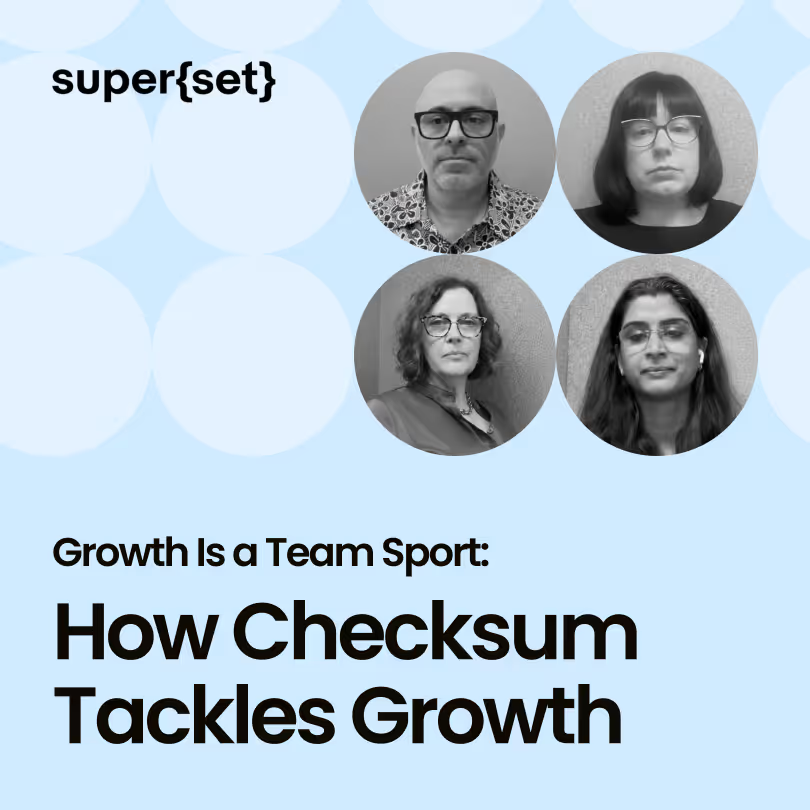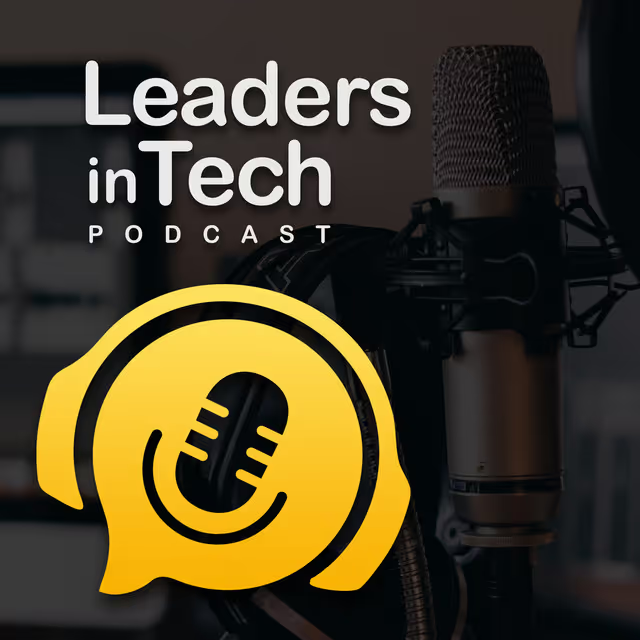
The Era of Easy $ Is Over
Earlier this month, we had a board of directors (BOD) meeting for one of our super{set} companies. I was a little astonished to see one of our directors – the only VC in the room, in person.
His presence was conspicuous. Anyone who has been around the block knows precisely why: VCs take a good amount of the summer and all of August off. Several in attendance joked that it was lunacy to call a BOD meeting in August at all.
The lone VC present knew this, too. In fact, that’s exactly why he showed up. He told me that during his 30+ years as a successful VC, he'd made a point of always working during August, November, and December – precisely because he knew all of his VC peers would be on vacation then. He wanted to be known as the hard-working contrarian, and he was rightfully proud of it.
I had another conversation last month with a VC friend who is earlier in her career and hustling for deals. Recently, she’s been wondering if she’s too late to the party. Did she miss the relatively easy gains in software investing over the prior 25 years? The secular trend for software investing has been so abundant and huge that she wonders if any investor of just average intelligence with access to a reasonable deal flow could've made outsized returns.
Both encounters led me to reflect on my dealings with VCs over the last 25 years and what prototype of VC I’d like to work with for the next 25. It's a profession with a wealth-to-work ratio that outstrips any other career on the planet. That is why you never see VCs responding to emails or joining BOD meetings in August (or November or December, for that matter). But I’m starting to see many more VCs lately who are intuiting that the good times might be coming to an end.
Easy returns have been competed away. The era of easy investing is over.
Markets are efficient. There’s too much money and too many VCs competing for quality deals that are growing somewhat but not nearly at the same rate as the volume of capital sloshing around. Softbank's recent $23B loss points to the same general malaise of too much money and too many professionals chasing a market creaking under the weight of the caffeinated expectations hanging over it.
Just as management consulting enjoyed its heyday in the 80s and investment banking enjoyed its run in the 90s and early aughts, it's possible we’re approaching a similar turning point for VC.
There are a few who've earned big perches at established funds who will continue harvesting outsized monetary gains for a while longer. But most recognize they need to work harder, and they must usher in and deliberately battle-harden the next generation.
So what does the future look like?
VCs need to add real value – beyond $$$.
Increasingly, VCs recognize they need to specialize. There was a time in the late 90s and early 00's when hedge funds could earn outsized returns by making fairly simple long-short bets and exploiting arbitrage opportunities. But again, markets are efficient, which is why all those gaps and price discrepancies have mostly been traded away. The easy money has already been made.
The same applies to VC. When I got into the game in 1999, VCs would read vapid Morgan Stanley reports and score points at their Monday meetings by quoting the bullets at the beginning of the report. They gave entrepreneurs inane advice like, "You need to focus," "You should fire your sales guy," and 'You need more revenue." You still get stupid comments and questions from some VCs when pitching a new project, but generally, they're all smarter simply because they have to be.
The days of easy, outsized VC returns are over. The VCs we're lucky to work with are showing up with meaningful insights about the markets we're chasing and the products we're building. They're more like investigative reporters than traditional financiers and asset allocators. That's a good thing for entrepreneurs in general, as it reflects the requirements and dynamics of the broader market.
VCs need to develop a more precise framework for making investment decisions.
The Accel approach pioneered by Arthur Patterson called for a 'prepared mind,' following Lavoisier's dictum that 'chance favors the prepared mind.' The idea was that by preparing and going deep in a particular sector (networking, vertical SaaS, etc.), a VC could discern the winning elements of a venture opportunity by pattern-matching from past data points and thinking deeply about the competitive advantage and market movements markets in a particular space. Other frameworks for specialization include Mike Maples at Floodgate’s two-pronged consideration of what he calls 'Inflections' and 'Insights'; Clint Korver at Ulu’s application of decision analysis to uncertain venture opportunities; Peter Wagner at Wing’s approach to the Data-Driven Enterprise; or super{set}'s data-driven thesis, which we use to structure product-centric, data management companies in markets ripe for cloud+data+AI disruption.
VCs need to offer more hands-on support for entrepreneurs.
Another way to differentiate is to become more useful to entrepreneurs. The VC industry refers to this as ‘platform’ capabilities. SignalFire touts its recruiting capabilities in helping newly formed companies staff their teams; A16Z brings outsourcing help to a company's marketing, technology, product, recruiting, and HR operations.
In general, I'm a little skeptical of these methods, first because it's just hard for a VC, however well-meaning, to engage with matters as critical as these without having their hands on the steering wheel. The related complexity is that, if they are successful, they might inadvertently disempower the CEO, who ultimately needs to have control and accountability for everything. But it's also possible that I haven't experienced those models firsthand, so perhaps they're more valuable than I know. At the very least, entrepreneurs should have high standards for them.
We started super{set} to provide the most direct hands-on support possible in early stage formation. Rather than chase outside ideas, we ideate in-house and then recruit and empower world-class product leaders as we build out the initial team and product. Just like they taught you when you had your learner’s permit: our hands never leave the steering wheel - 10:00 and 2:00 the entire time. Of course, not every VC can do what super{set} does, nor should we expect them to. However, the ecosystem needs the capital and the selection acumen VCs provide to enable scale and growth.
If a VC can’t be more useful – or doesn’t want to take that path – they should be giving out easier money with fewer terms.
Let’s call this the Tiger model. No board seats, just money – with minimal terms. It works great during the go-go times, even if it declines along with the business cycle. No board seats, just money with minimal terms. I think we’ll see the spigot open again, but even as it does, it's not clear to me that this is a durable approach for a true venture investor (as opposed to a big money allocator) to survive and differentiate.
So what’s the bottom line for entrepreneurs and the VCs that serve them?
Entrepreneurs deserve more – and they have every right to expect it.
Entrepreneurs have more agency than they think they do. So I’m telling every founder in my network and the co-founders and leadership teams within super{set} that it’s time to start asking and expecting a whole hell of a lot more from our VCs. In an industry that thrives by demanding founders work round the clock to earn their keep, it seems those skimming so much off the top should bring much more to the table than money and weak platitudes. Where are the VCs who will stick with you through thick and thin and stand shoulder-to-shoulder with you when the going gets rough? Where are the VCs who come to BOD meetings in person in August? I’m pretty sure I’m not the only entrepreneur taking stock of the rare VC who shows up for my company, however inconvenient or arduous the circumstances.
Tech, startups & the big picture
Subscribe for sharp takes on innovation, markets, and the forces shaping our future.
Let's keep in touch
We're heads down building & growing. Learn what's new and our latest updates.


.avif)